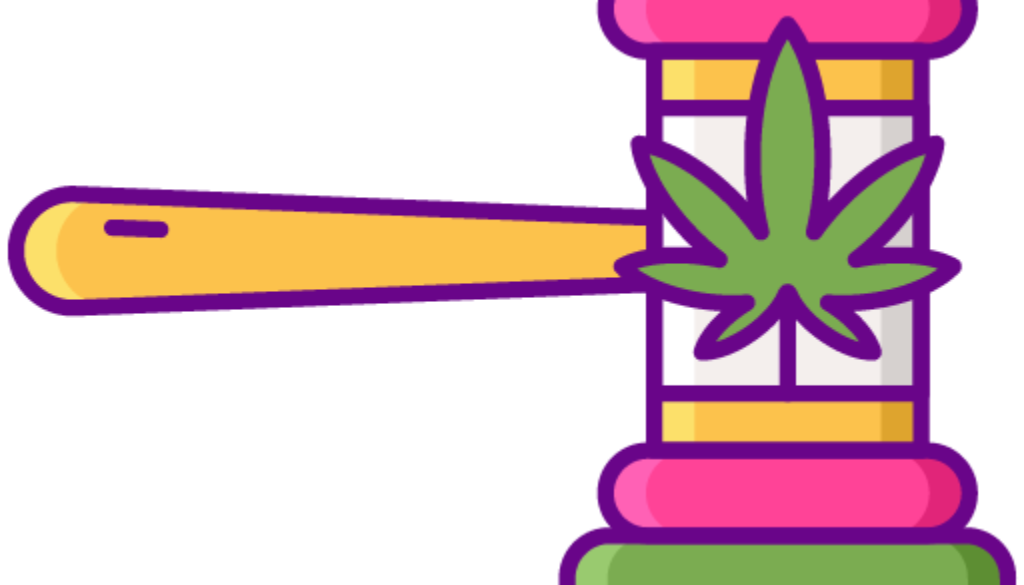The History of Cannabis Use and Legalization in the United States
Recreational cannabis is now legal in fifteen states, including Washington, D.C., while nearly forty states have medical cannabis laws in place.
With nearly a third of the country supporting legal recreational cannabis, experts expect political leaders to become warmer to the idea of federal legalization. For many, it feels like a brand-new era is on the horizon.
Except that there is nothing “new” about legalizing cannabis. For most of human history, cannabis was perfectly legal and completely uncontroversial.
Cannabis: From the Very Beginning
In 2019, archaeologists found evidence of cannabis use in funerary practices among ancient residents of what is now Western China. This puts the earliest date of cannabis use at about 2,500 years ago.
Around the same time in Ancient Greece, Herodotus wrote that the Scythians – nomadic warriors traveling throughout the Caspian Steppe – would “howl in joy” during vapor-baths made from burned cannabis tossed on red-hot stones.
Of course, Herodotus also said that Ancient Persia was home to giant ants that spread gold dust on the ground. But other Greek authors have mentioned using cannabis to treat inflammation, earaches, and swelling.
About seven hundred years after Herodotus, Galen wrote of “hemp-cakes” that produce a “feeling of well-being.” This is important because Galen enjoys a far greater reputation for accuracy than earlier writers. As the chief physician of the Roman Empire, his work remained the authoritative text for European and Islamic medicine up until the 17th century.
Cannabis in Medieval Europe and the Islamic World
European medicine didn’t fare so well during the Medieval era, but Islamic medicine enjoyed a true Golden Age. Medieval Islamic medical texts describe cannabis – and especially hashish – as a particularly powerful pain-relief drug.
There’s a reason why cannabis earned extra attention in the Middle Ages. Muslim doctors had just founded the world’s first hospitals and invented many of the surgical tools (and even some procedures) we still use today. But modern anesthetics were still a thousand years away, so cannabis became the painkiller of choice for many doctors and patients of the time.
Cannabis in Renaissance Europe and Beyond
Cannabis made a small resurgence during the Renaissance, no doubt due to the revived interest in Classical Greek texts (like Galen’s) and the availability of translated Islamic medical texts. However, it was not until the Age of Exploration when cannabis would become a decisive agricultural product.
British seafarers relied on industrial hemp for the strong, tough ropes they needed to craft ever-bigger ships. American colonists grew hemp for this purpose and eventually discovered its intoxicating effects as well. Cannabis-derived medicines were used in the United States from its earliest days to the late 19th century.
20th Century Prohibition
In 1937, Congress passed the Marihuana Tax Act, which essentially prohibited Americans from using cannabis. At this point, public perception changed.
Racial tensions were high, and a Federal law against marijuana quickly gained widespread support. The average Depression-era American did not know that this scary Spanish word referred to the same plant doctors had been prescribing in tinctures for decades.
This law would go on to radically change the American attitude towards cannabis. Only now, nearly a century later, are citizens and political leaders considering what doctors have been saying all along.
Sources:
https://michigansandp.com/cannabis-101/history-of-cannabis/
https://www.theverge.com/2016/10/10/13231772/ancient-pot-marijuana-cannabis-archaeology-tomb-china
https://www.westword.com/marijuana/states-likely-legalize-marijuana-soon-11837462
